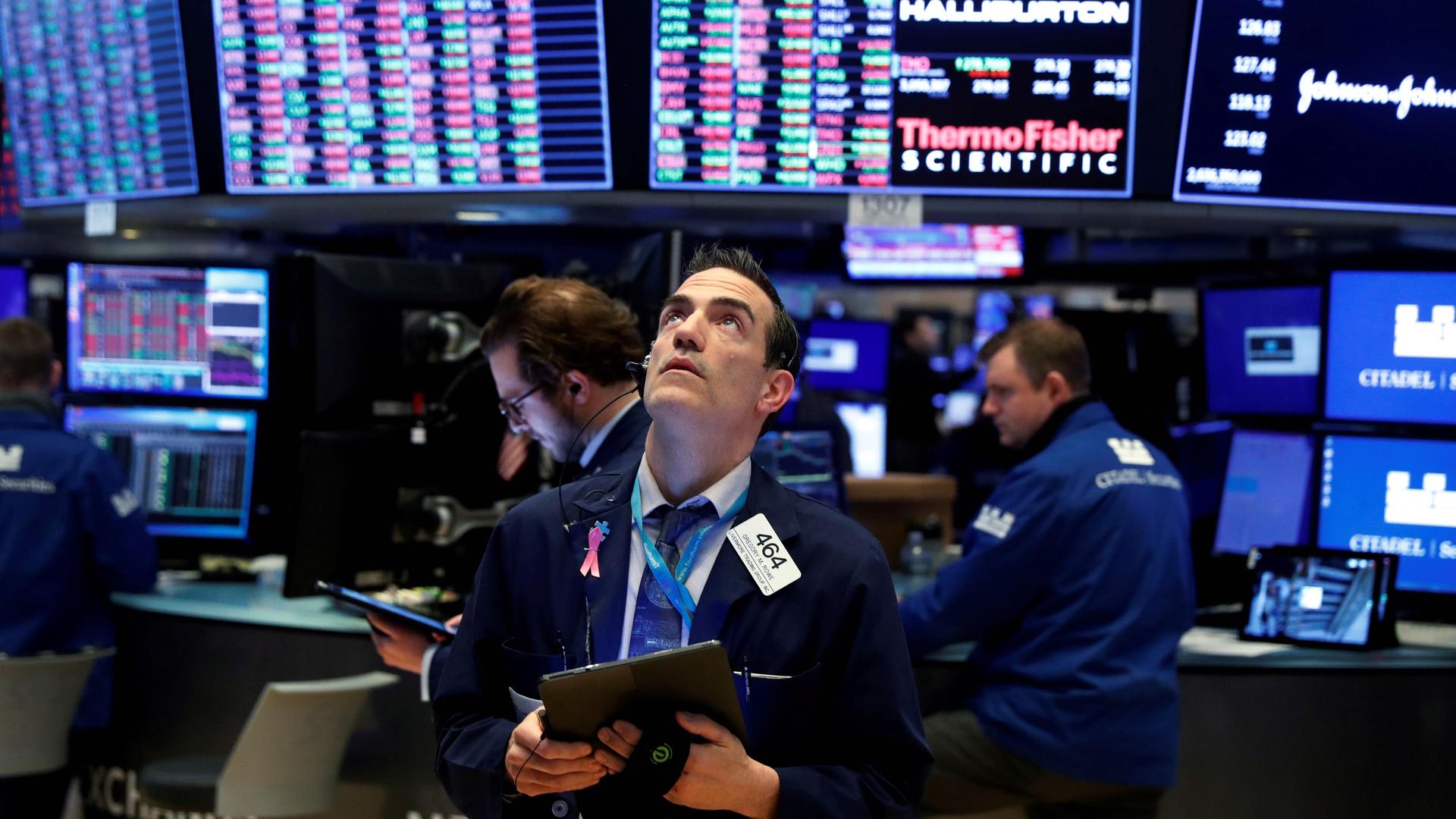The World Bank Group board has approved a $14 billion emergency package aimed at a broad response to the COVID-19 pandemic.
“The speed and breadth of the response is crucial to its effectiveness,” said World Bank President David Malpass. “What the World Bank is doing is developing a fast response based on developing countries’ needs.”
Related: Families in limbo as refugee resettlement is suspended due to COVID-19
Some $6 billion will go toward helping developing countries set up health care clinics and buy gloves, masks and portable ventilators. Another $8 billion will be allocated by the International Finance Corporation, a separate arm of the World Bank that invests in the private sector.
“When there is a crisis like this of this magnitude, what happens is a lot of companies are in trouble. So, we’re doing everything to soften the blow there.”
“When there is a crisis like this of this magnitude, what happens is a lot of companies are in trouble,” said IFC chief executive officer Philippe Le Houérou. “So, we’re doing everything to soften the blow there.”
The IFC is making loans available to businesses through banks across the world. In less than 10 days, 315 companies came forward to ask for help. Le Houérou said his staff has been given the authority to go ahead with projects without getting approval from their board.
Related: Madrid’s health system under duress as ice rink turns into morgue
“We can save about four to six weeks by not going to our board,” he said.
Staff will still be making monthly presentations to the board so there’s ongoing oversight, Le Houérou said. He added that they’re already thinking about the next phase — when the pandemic starts to recede.
“The key is what can we do to make sure that we accelerate the recovery? The danger is that the recovery is too slow and then too many people stay unemployed. So, we need to accelerate as much as we can.”
“The key is what can we do to make sure that we accelerate the recovery?” he said. “The danger is that the recovery is too slow and then too many people stay unemployed. So, we need to accelerate as much as we can.”
Related: Combat in the world’s biggest conflict areas not slowing down despite COVID-19
So, IFC staff is also getting ready to help companies restructure and develop new projects for investment. They’re finding virtual ways to supervise and do appraisals of projects — all while isolated in their own homes across 170 countries. Their worldwide coordination takes thousands of conference calls every day.
“The honest answer is it’s not easy,” Le Houérou said.
But everyone understands this is a time to step up, he said.
“Because it’s the world’s issue; it’s a global issue. We’re all in it together,” Le Houérou said. “This is why we were created.”
The World Bank was created at a conference in the mountains of New Hampshire in 1944. Its purpose was to help rebuild European countries devastated by World War II.
Over the years, it has grown into one of the largest sources of funding for projects aimed at reducing poverty. In 2018, it partnered with the World Health Organization to create the Global Preparedness Monitoring Board. The board’s first report — released last year — concluded that the world remained unprepared for a global pandemic.
